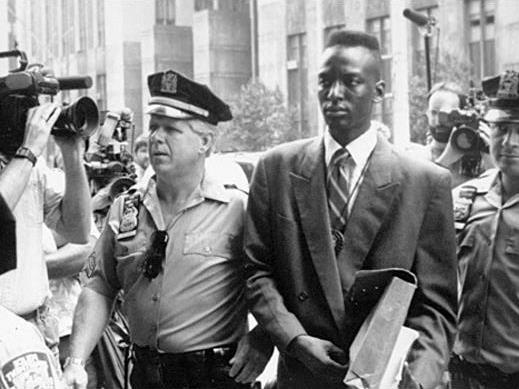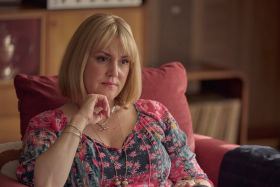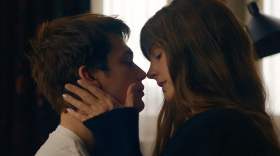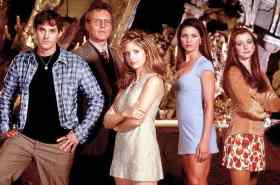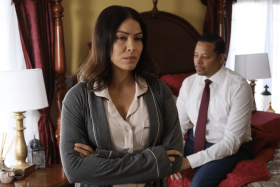One night in 1989 a group of 30 or so young, black and Latino men were in Central Park harassing people. A few of them are picked up by the police. While they were being interrogated, a body was found – a woman had been beaten, raped and left for dead. The interrogations immediately changed direction.
The Central Park Five is a film about hysteria and prejudice. The case captured the imagination of a city filled with fear. Directors Ken Burns, Sarah Burns and David McMahon convey the setting quickly and effectively: 1980s New York City is a social divide between the upper and lower classes, crime is rampant and parts of society is falling apart.
The film follows five of the boys arrested that night. Police interrogate them for hours on end, depriving them of sleep and food, and bully them until they break. The boys, 14 to 16 years old, confess to attacking the woman after hours of denying it. These confessions, despite the discrepancies between their stories and contradictory physical evidence, ultimately send them to prison.
The film dives into the fear and anger of the population, offering takes from the former mayor of New York, Ed Koch; reporters; lawyers; and historians as well as the five wrongly imprisoned. All offer reasons for why what happened happened, ranging from the aforementioned anxieties to racism. While the explanations are convincing they’re not quite satisfying: too many questions remain after the film ends. There’s a deeper social analysis waiting in this film but the (understandable) focus on the case at hand prevents it being focused on.
The directors rely on the story for impact and they’re largely justified in doing so. The Five’s telling of events, and the context provided by others, overcomes a lot of tepid imagery and overly long shots of prisons in the rain.
This is because it’s a story of justice going astray. It captures the imagination. That this could happen to almost anyone, that a system that underpins modern society could get something so wrong so willingly, is terrifying and rightly earns scorn and condemnation.
But a second theme emerges. The boys went along with a story and confessed to guilt that wasn’t there just to escape a horrible situation. In the court case for three of the boys, one lone juror argued they weren’t guilty based on the discrepancies between theirs stories and the physical evidence that didn’t place them at the scene. The other eleven jurors belittled him for it. He eventually gave up so he could get out of there.
The death of conviction and truth is a sad one. If this film leads to just a few people being more willing to listen to answers they don’t want to hear then it will be a success.
The narrative of The Central Park Five reaches a satisfying conclusion. Questions remain but it’s not a slight against the film: in a subject this big there’s always going to be loose ends. It’s the small moments that make it powerful.
One of the boy’s lawyers tells the viewer that his client, Antron, turned to him after hearing the ‘guilty’ verdict was handed down and said ‘Thank you for all your work’.
Hear that and try to keep your heart in one piece.
Rating: 3.5 stars out of 5.
The Central Park Five
Directors: Ken Burns, Sarah Burns and David McMahon
USA, 2012, 119 min
Distributor: Madman
Trailer:
Actors:
Director:
Format:
Country:
Release:
